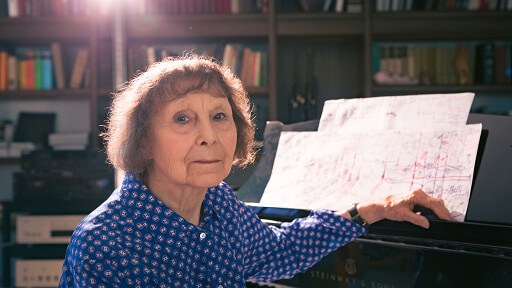
Artist
© Peter HundertSofia Gubaidulina
Sofia Gubaidulina, born in Chistopol in Tatarstan in 1931, is one of the most important Russian contemporary composers. She studied composition and piano first in Kazan and then from 1954 to 1963 in Moscow. As a student, she won a Stalin Scholarship, while her music was criticized as »irresponsible«. Dmitri Shostakovich, however, encouraged her to pursue her »misguided path«.
In the 1960s and 1970s, Sofia Gubaidulina’s works were banned in the Soviet Union, since her music did not conform to the precepts of socialist realism. Her success in the West was aided mainly by Gidon Kremer and Reinbert de Leeuw, who gave the world premiere of her First Violin Concerto ›Offertorium‹ in 1981. Ever since, Sofia Gubaidulina joined Alfred Schnittke and Edisson Denisov as the leading Russian composers of the post-Shostakovich era, winning worldwide recognition.
In 2000, Gubaidulina and Tan Dun, Osvaldo Golijov and Wolfgang Rihm received a commission from the International Bach Academy in Stuttgart for the project ›Passion 2000 (in memory of J. S. Bach)‹. Her contribution was a ›St. John Passion‹. In 2002 this was followed by the composition ›Johannes-Ostern‹. Both works form a diptych on the death and resurrection of Christ; it is Gubaidulina’s largest work so far. Her Second Violin Concerto ›In tempus praesens‹ was dedicated to Anne-Sophie Mutter. In 2003, Walter Fink invited her to be the first woman featured in the Rheingau Music Festival’s annual composer portrait.
Sofia Gubaidulina has lived in Germany since 1992. She is a member of the Berlin Academy of the Arts, the Free Academy of the Arts in Hamburg and the Royal Swedish Music Academy in Stockholm, and an honorary member of the American Academy of Arts and Letters. In 1990 she was named a member of the committee awarding the Lenin Prizes. In 1999, she was inducted into the order Pour le Mérite. Since 2001 she has been an honorary professor at the Kazan Conservatory, since 2005 also of the Beijing and Tianjin Conservatories. In 2018, she was appointed a member of the Academy of Motion Picture Arts and Sciences, which awards the Oscars every year.
 Alexander Schubert
Alexander Schubert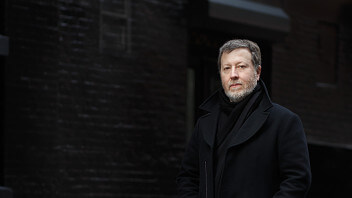 Brad Lubman
Brad Lubman Brigitta Muntendorf
Brigitta Muntendorf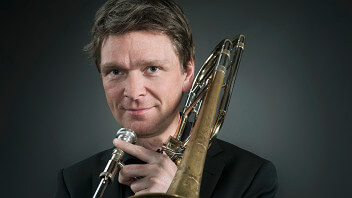 Christian Jaksjø
Christian Jaksjø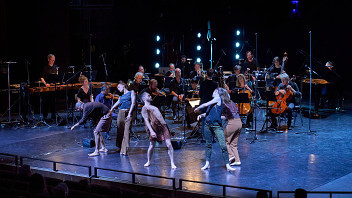 CocoonDance
CocoonDance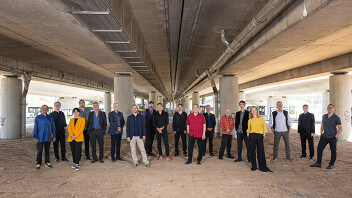 Ensemble Modern
Ensemble Modern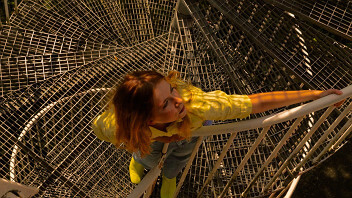 Friederike Brendler
Friederike Brendler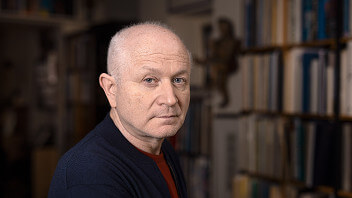 George Benjamin
George Benjamin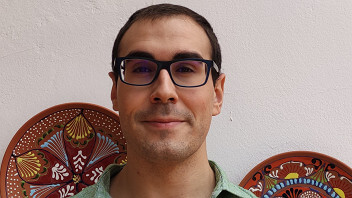 Gil Monteagudo Ruiz
Gil Monteagudo Ruiz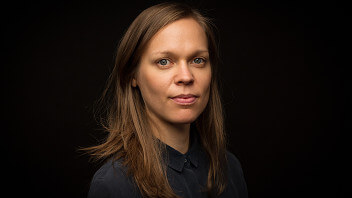 Hendrika Entzian
Hendrika Entzian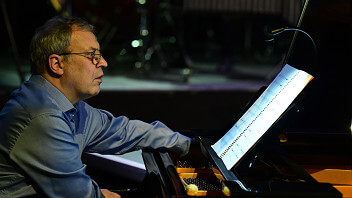 hermann Kretzschmar
hermann Kretzschmar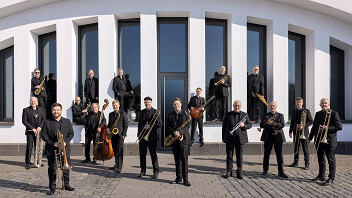 hr-Bigband
hr-Bigband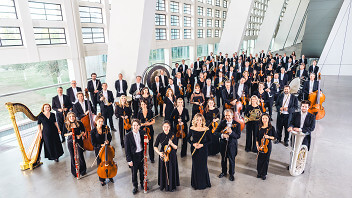 hr-Sinfonieorchester
hr-Sinfonieorchester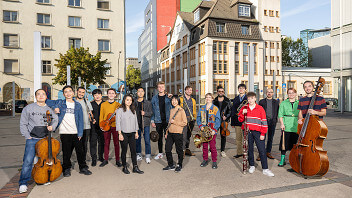 IEMA-Ensemble 2023/24
IEMA-Ensemble 2023/24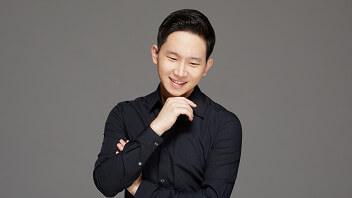 Jeaduk Kim
Jeaduk Kim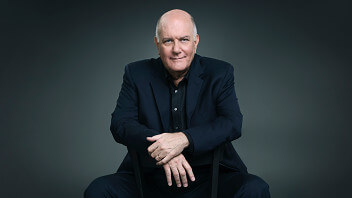 Jim McNeely
Jim McNeely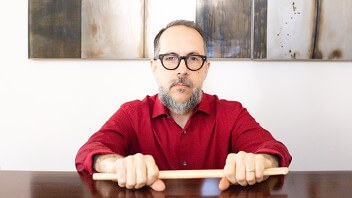 John Hollenbeck
John Hollenbeck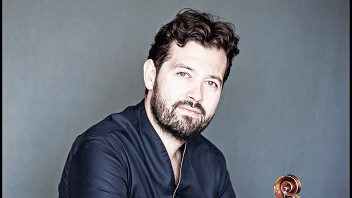 Lawrence Power
Lawrence Power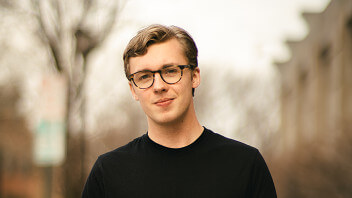 Luke Poeppel
Luke Poeppel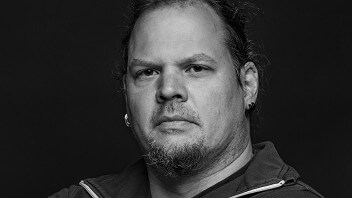 Matthias Rieker
Matthias Rieker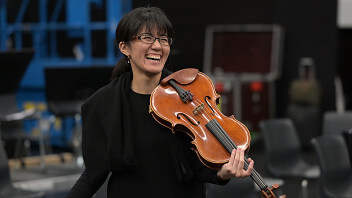 Megumi Kasakawa
Megumi Kasakawa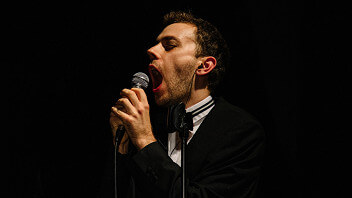 Michael Hope
Michael Hope NEKO3
NEKO3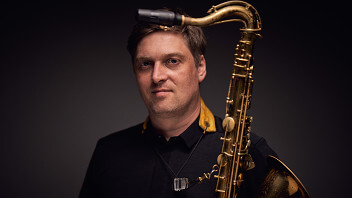 Niels Klein
Niels Klein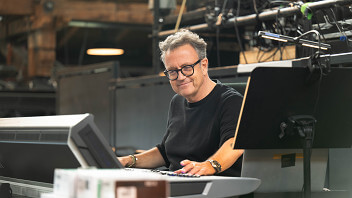 Norbert Ommer
Norbert Ommer Po-Chien Liu
Po-Chien Liu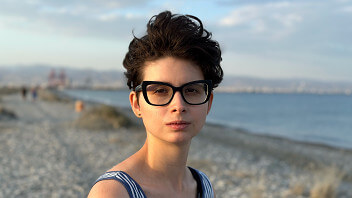 Polina Korobkova
Polina Korobkova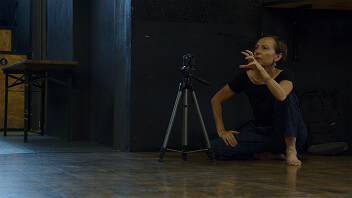 Rafaële Giovanola
Rafaële Giovanola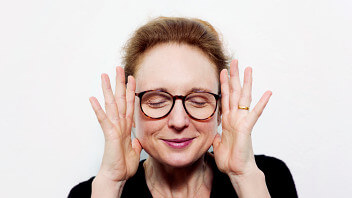 Rebecca Saunders
Rebecca Saunders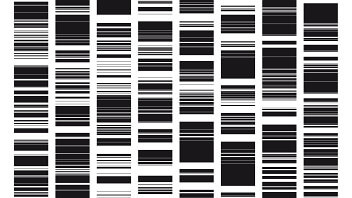 Ryōji Ikeda
Ryōji Ikeda Sofia Gubaidulina
Sofia Gubaidulina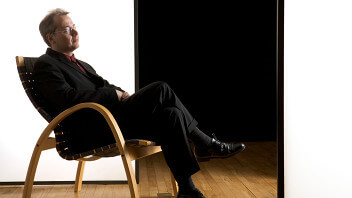 Stefan Asbury
Stefan Asbury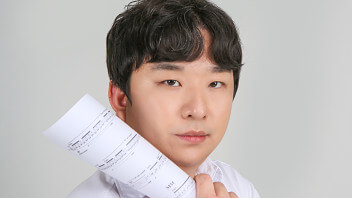 Sunghyun Lee
Sunghyun Lee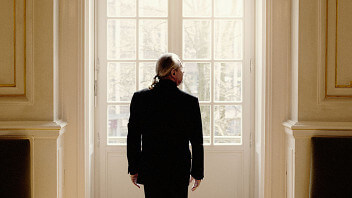 Sylvain Cambreling
Sylvain Cambreling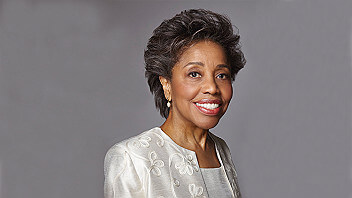 Tania León
Tania León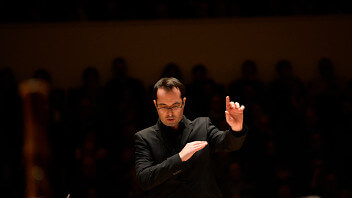 Yann Robin
Yann Robin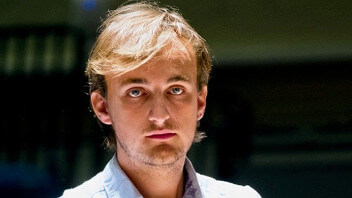 Yannick Mayaud
Yannick Mayaud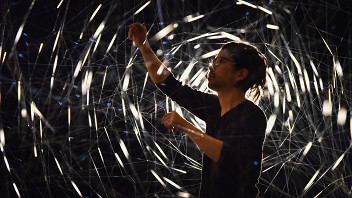 Yasuhiro Chida
Yasuhiro Chida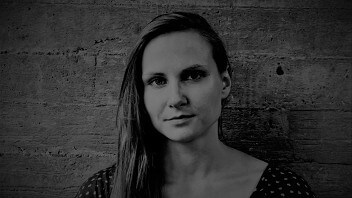 Żaneta Rydzewska
Żaneta Rydzewska